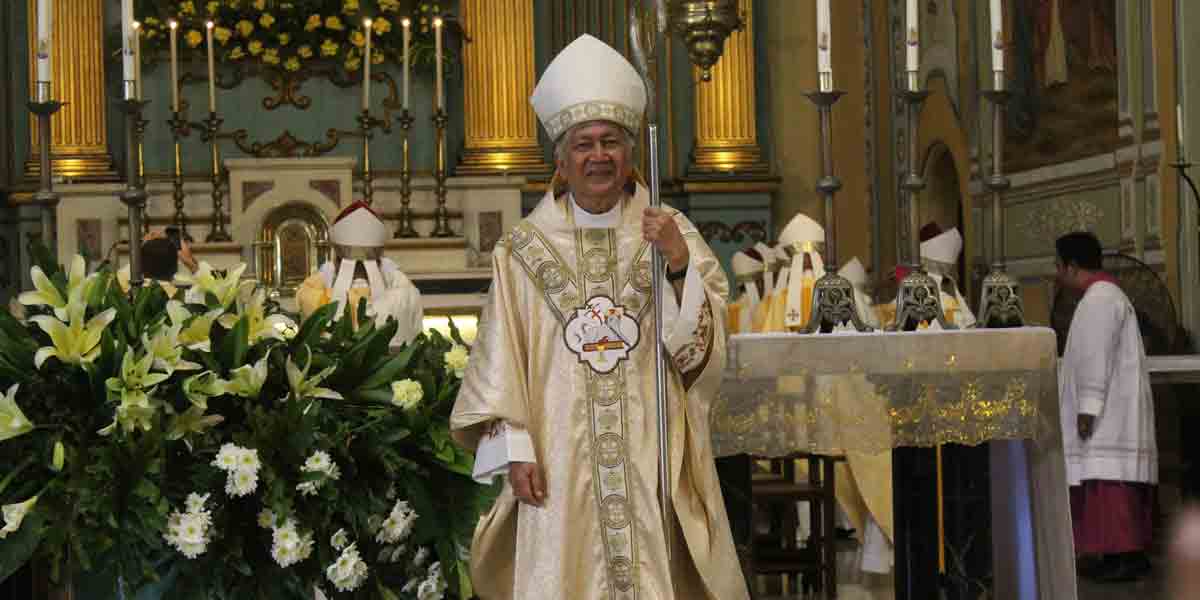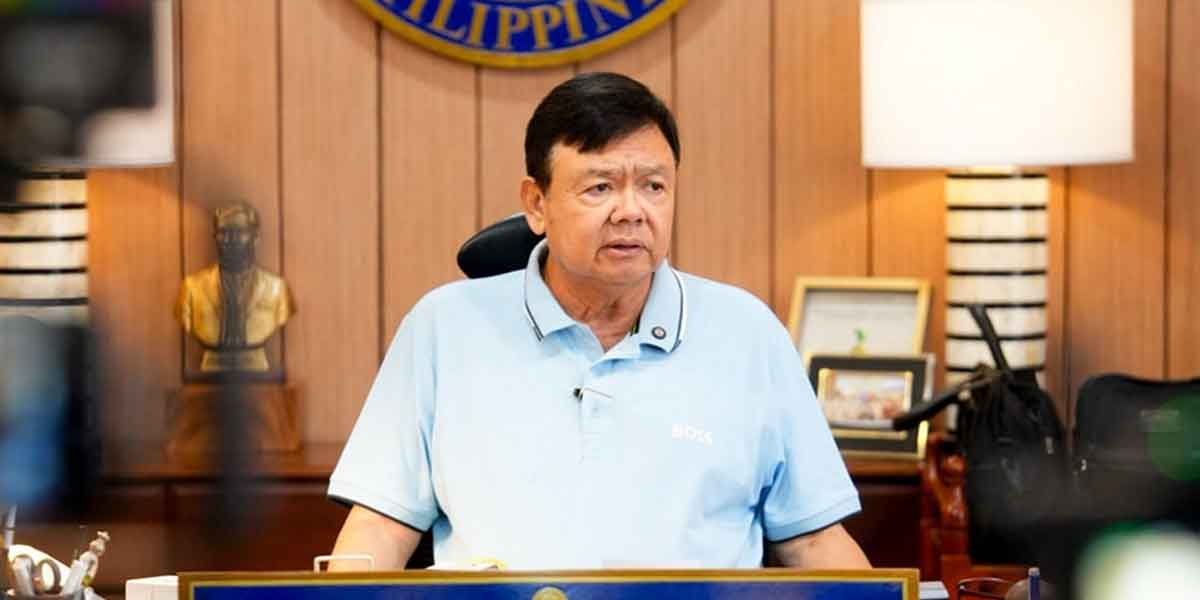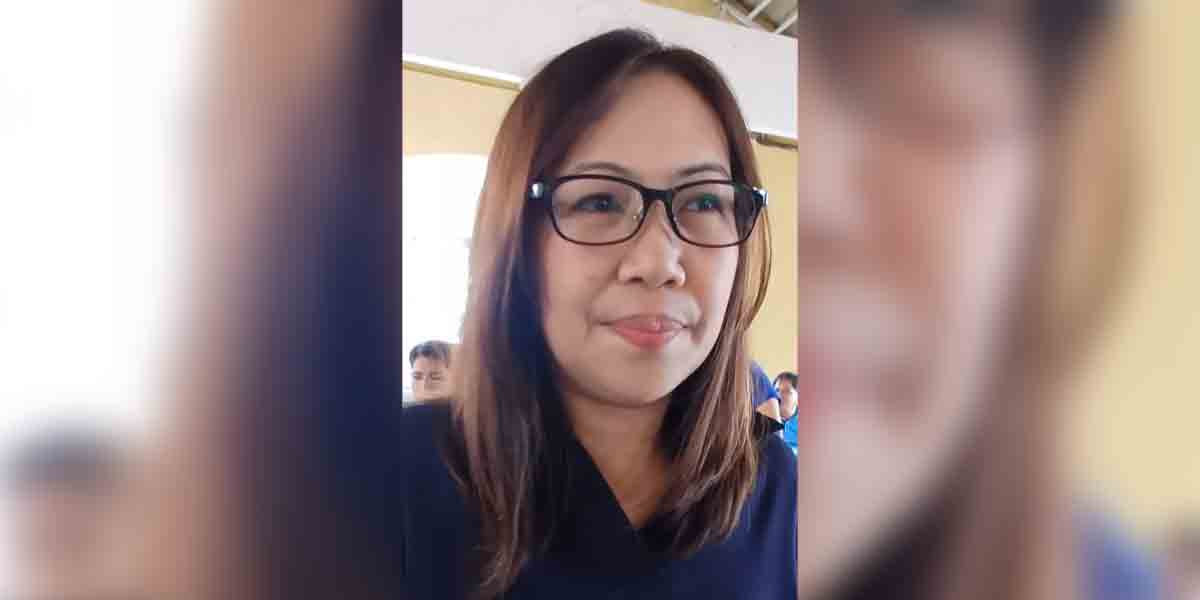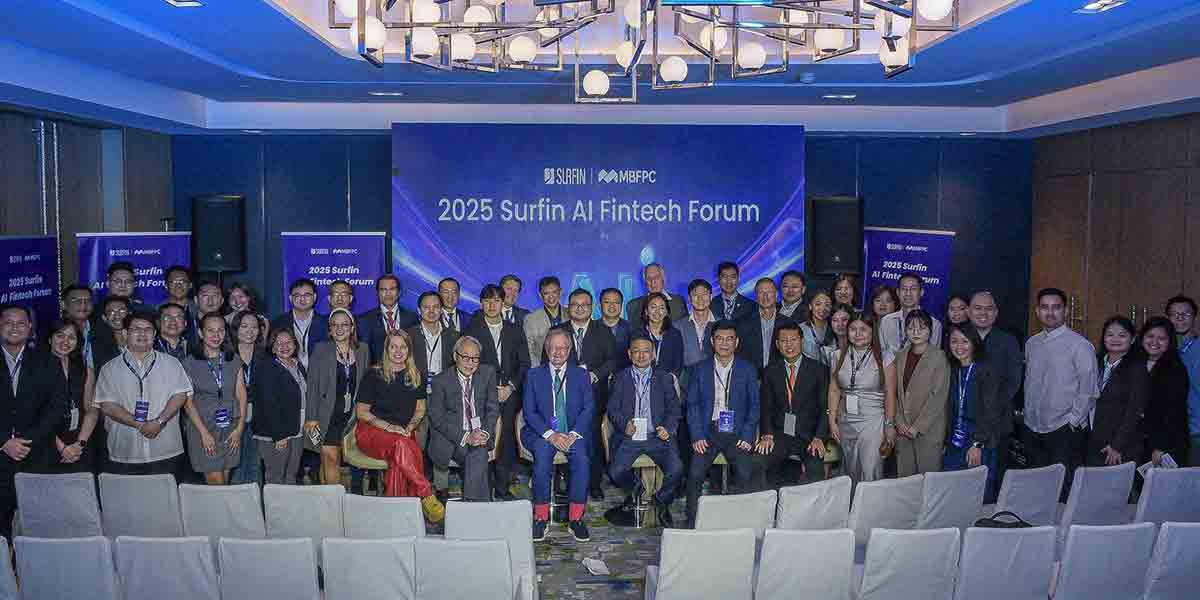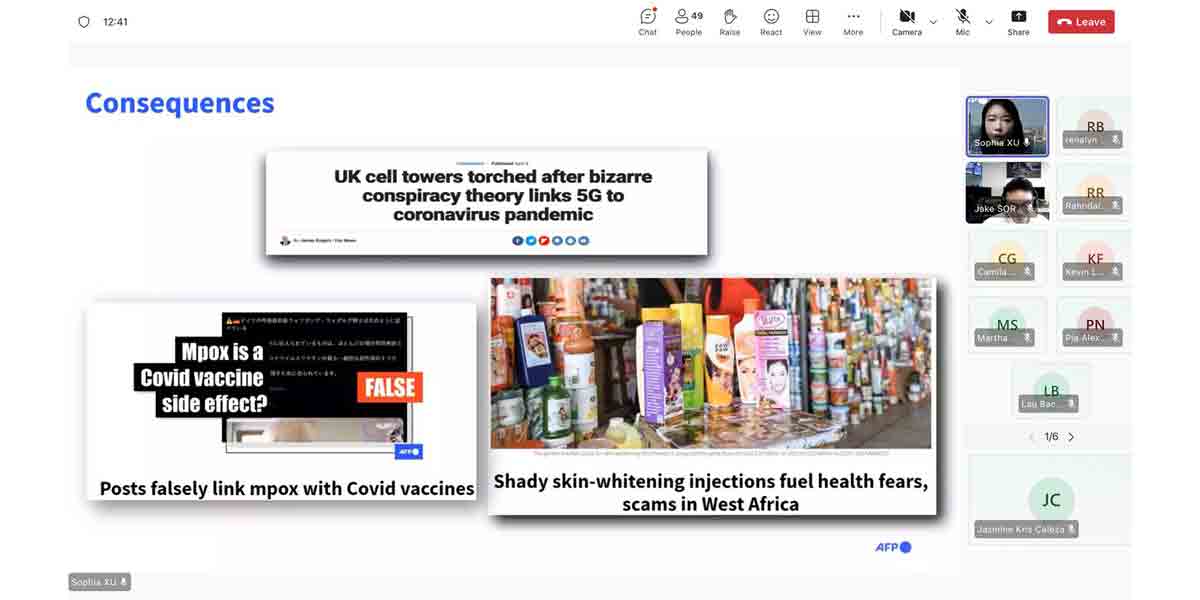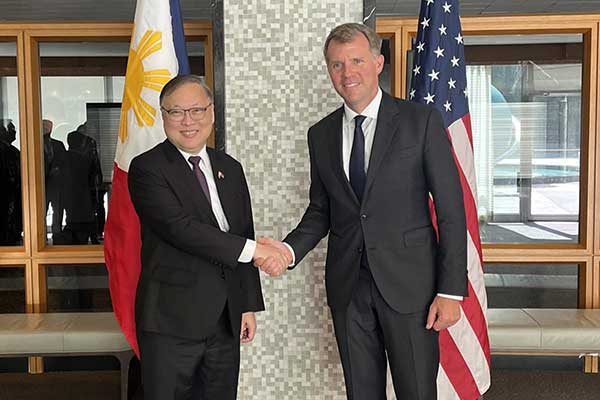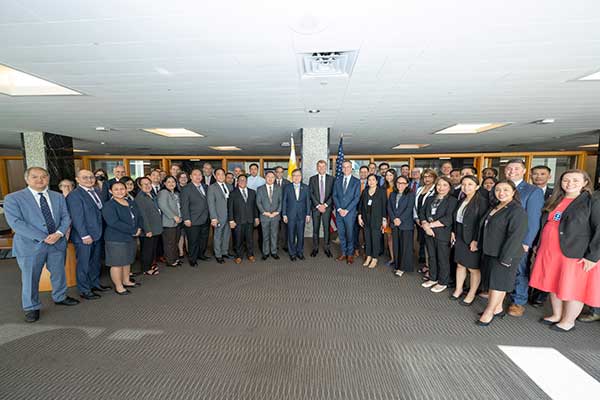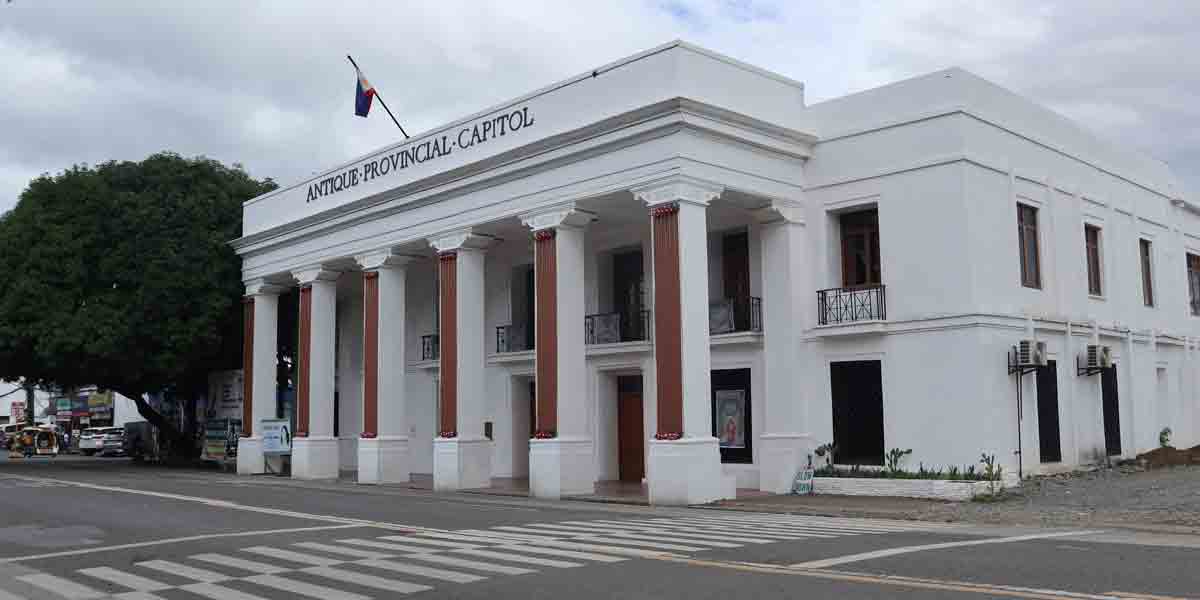WASHINGTON, D.C. – The United States and the Philippines held their first Cyber-Digital Policy Dialogue on July 15 and 16 in Washington, D.C., focusing on enhancing bilateral cooperation in cybersecurity and advancing the digital economy.
U.S. Ambassador at Large for Cyberspace and Digital Policy Nathaniel Fick and Philippine Secretary for Information and Communications Technology Ivan John Uy led the discussions. They emphasized the importance of a secure, interoperable, and reliable information and communication technology (ICT) ecosystem to support economic growth and bolster resilience against cyber threats.
“Cybersecurity stands as a paramount global challenge, demanding unified efforts, collective intelligence, and steadfast solidarity. The partnership between the United States and the Philippines serves as an exemplar of effective collaboration essential for combating these evolving threats,” Secretary Uy stated. “Our collaboration sets a powerful precedent, inspiring nations to join forces in confronting cybersecurity challenges head-on, ensuring a safer and more resilient global cyberspace for generations to come.”
Ambassador Fick highlighted the significance of the ICT ecosystem in supporting digital economic growth.
“The United States believes that a secure and trustworthy ICT ecosystem is vital to supporting the growth of the digital economy and providing improved digital services for our citizens,” he said.
“The Philippines remains our friend, partner, and ally in the cyber and digital space. This first U.S.-Philippines Cyber-Digital Policy Dialogue was an opportunity to discuss our important bilateral efforts to strengthen cybersecurity and our digital economy and to protect government information systems that are a critical backbone of our alliance.”
The dialogue covered a range of topics, including cyber capacity building, combating cybercrime, and protecting critical infrastructure against malicious activities.
Both countries committed to further discussions on these issues and enhancing collaboration between their respective national Computer Emergency Response Teams.
Additionally, both sides agreed to pursue joint efforts on developing fifth-generation (5G) networks and open, interoperable, and trusted architectures such as Open Radio Access Network (Open RAN); secure and reliable global undersea cable networks; and digital connectivity and inclusion through cloud computing and satellite-based solutions.
Other commitments included ensuring the trusted flow of data across borders, deepening collaboration through the Global Cross-Border Privacy Rules Forum to facilitate interoperability among data protection and privacy frameworks globally, and fostering investments for secure and resilient ICT infrastructure.
The dialogue also addressed the importance of upholding and implementing the United Nations Framework of Responsible State Behavior in Cyberspace and continuing cyber confidence-building measures.
The U.S. delegation included representatives from various departments and agencies, including the Department of State, the Department of Defense, the Department of Commerce, the Department of Homeland Security, and the Federal Bureau of Investigation.
The Philippine delegation comprised officials from the Department of Information and Communications Technology, the Department of Foreign Affairs, the Department of National Defense, and other key agencies.
Both countries plan to explore further opportunities for technology cooperation during the upcoming Japan-Philippines-United States Trilateral Cyber and Digital Dialogue later this year.

